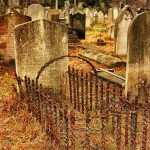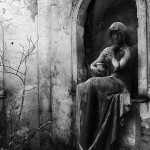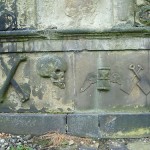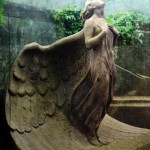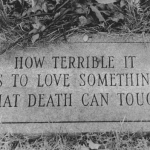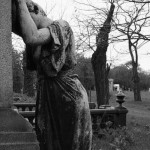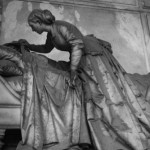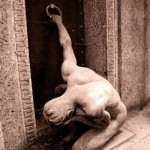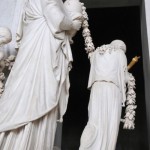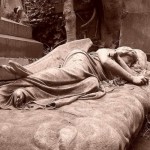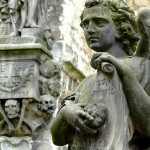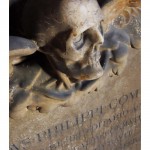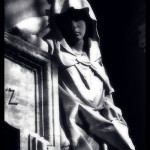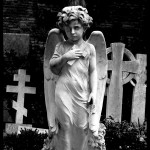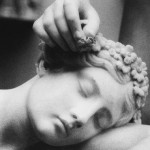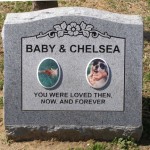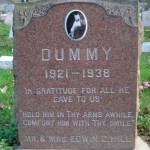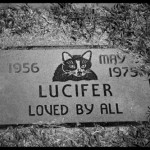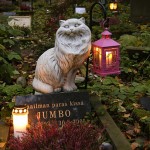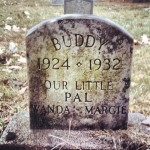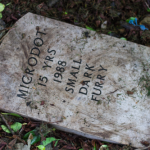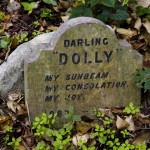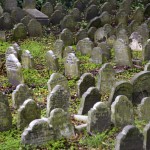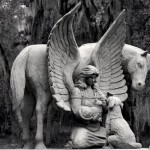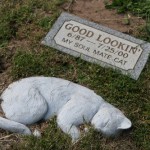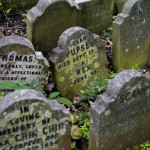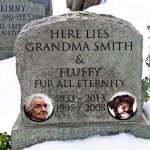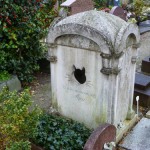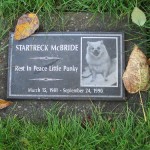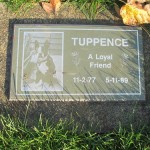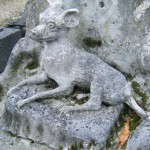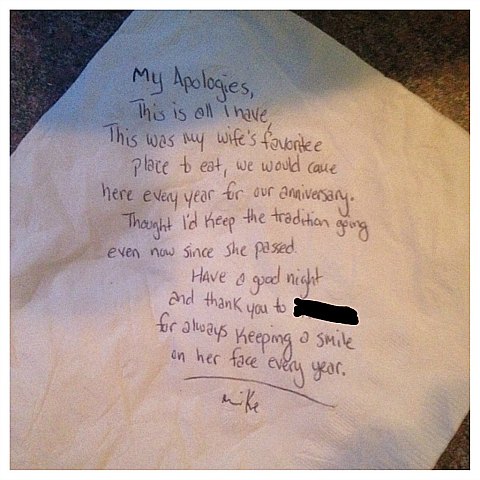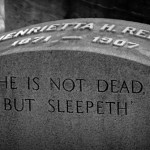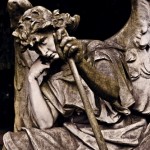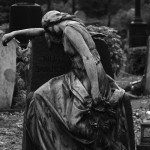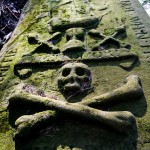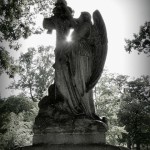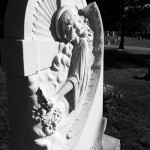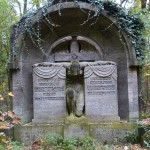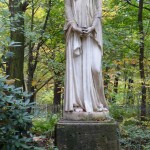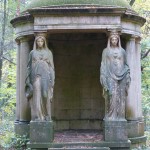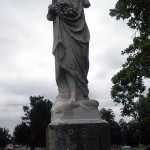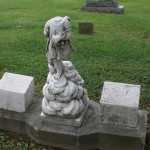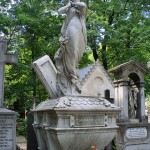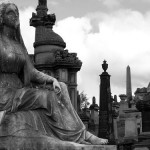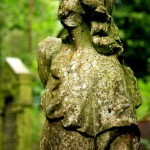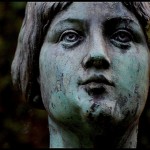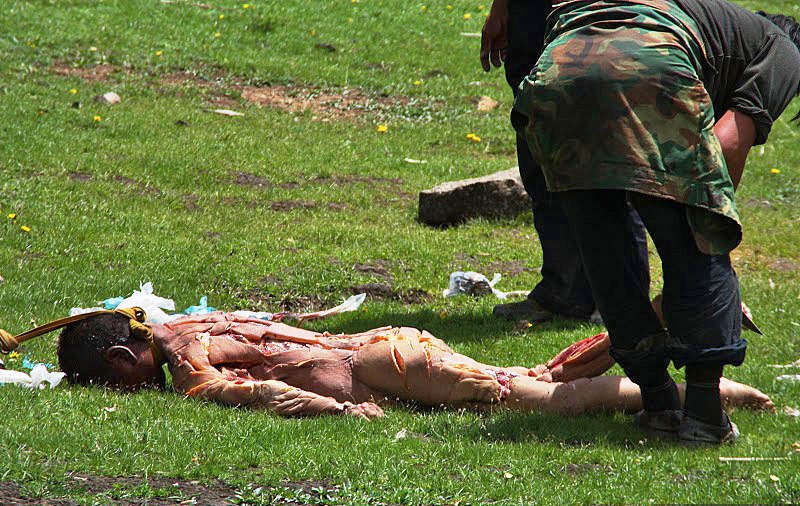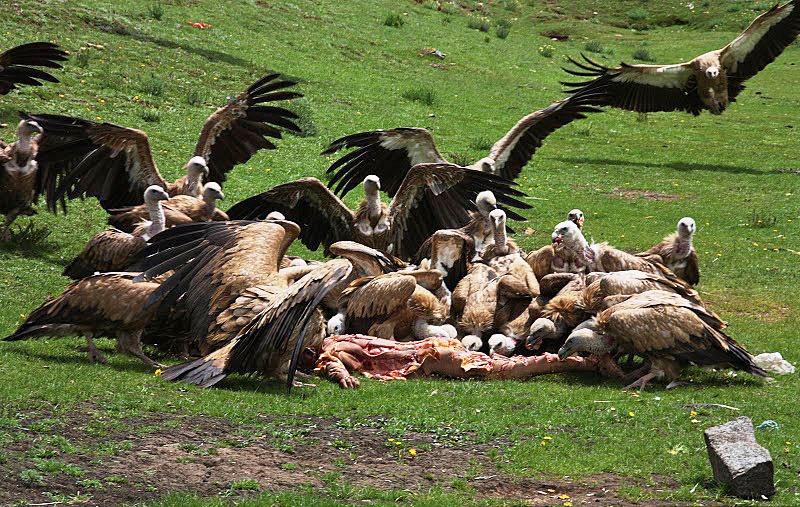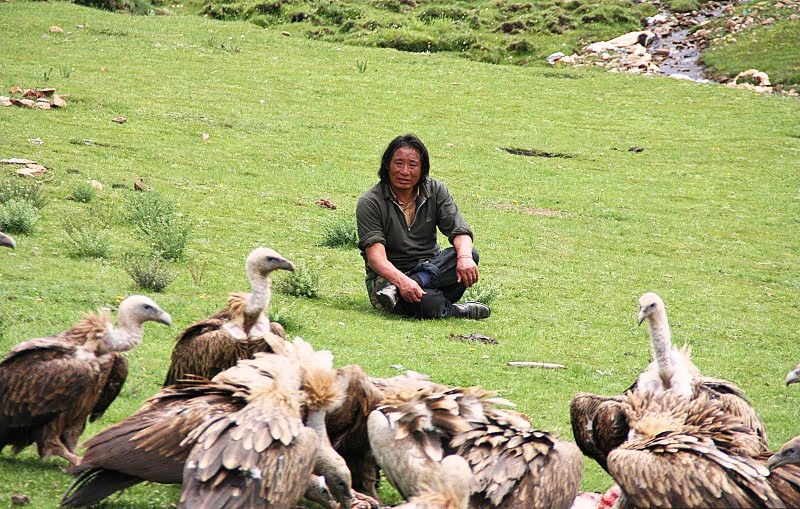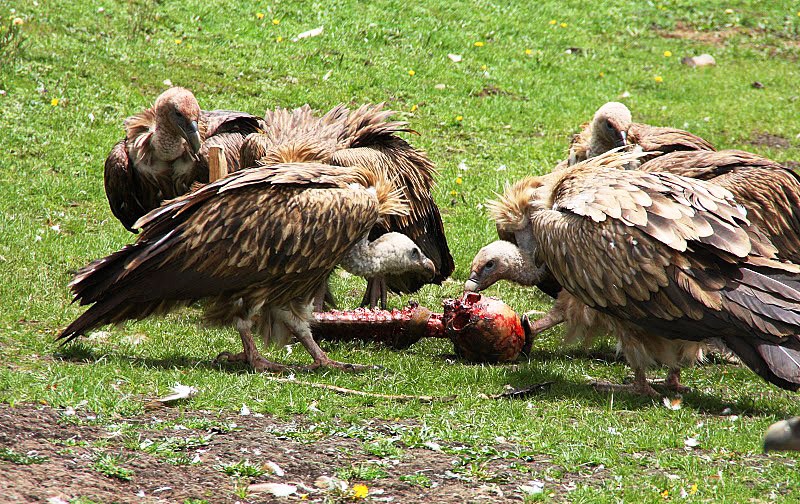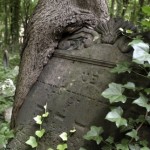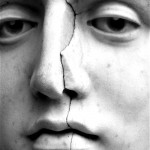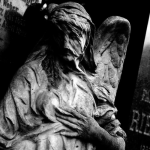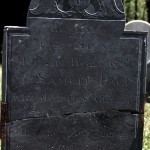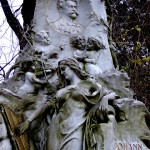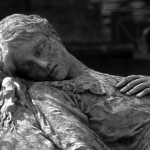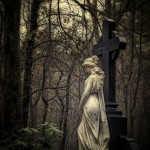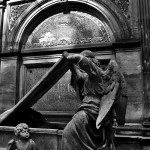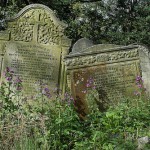Pet Memorials
The profound grief many experience after the death of a beloved pet is as tangible as the grief we experience for a beloved human.
This Man’s Note About His Late Wife
Cemetery Art
TIBETAN SKY BURIAL
{Tibetan: བྱ་གཏོར་, w bya gtor}, lit. ”alms for the birds” is a funerary practice in the Chinese provinces of Tibet, Qinghai, and Inner Mongolia and in Mongolia proper wherein a human corpse is incised in certain locations and placed on a mountaintop, exposing it to the elements {mahabhuta} and animals – especially predatory birds. The locations of preparation and sky burial are understood in the Vajrayana traditions as charnel grounds.
The majority of Tibetans and many Mongolians adhere to Vajrayana Buddhism, which teaches the transmigration of spirits. There is no need to preserve the body, as it is now an empty vessel. Birds may eat it or nature may cause it to decompose.
The function of the sky burial is simply to dispose of the remains in as generous a way as possible {the source of the practice’s Tibetan name}. In much of Tibet and Qinghai, the ground is too hard and rocky to dig a grave, and, due to the scarcity of fuel and timber, sky burials were typically more practical than the traditional Buddhist practice of cremation. In the past, cremation was limited to high lamas and some other dignitaries, but modern technology and difficulties with sky burial have led to its increasing use by commoners.
Monks in Louisiana win lengthy fight to sell caskets
After a long legal fight, the U.S. Supreme Court has let stand a lower court ruling that Benedictine monks in Louisiana have the right to sell their handmade wooden caskets to the public.
“It’s a great day for us, and we’re very thankful that this five-year battle is over,” Abbot Justin Brown of St. Joseph Abbey told The Advocate, Baton Rouge’s daily newspaper. “We’re not in the business of going to court.”
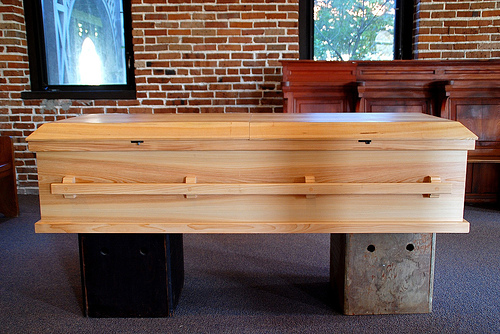 The Covington-based abbey had for decades created the caskets to bury deceased religious brothers. It began to sell the caskets in November 2007 through a new company, St. Joseph Woodworks, after Hurricane Katrina wiped out the timberland on which it relied for income, and the caskets were sold at a rate significantly lower than others.
The Covington-based abbey had for decades created the caskets to bury deceased religious brothers. It began to sell the caskets in November 2007 through a new company, St. Joseph Woodworks, after Hurricane Katrina wiped out the timberland on which it relied for income, and the caskets were sold at a rate significantly lower than others.
One month later, the Louisiana State Board of Embalmers and Funeral Directors ordered the abbey not to sell the caskets to the public within the state. State law required sellers of caskets to have funeral director training and to have a funeral parlor with embalming equipment.
The monks stopped selling caskets and filed suit in federal court in 2010, and a U.S. district judge struck down the law in 2011.
In March 2013 the Fifth Circuit Court of Appeals affirmed a lower court’s decision that the Louisiana embalmers and funeral directors board wrongly required casket sales to be conducted only through a state-licensed funeral director at a funeral home.
The court wrote that the state rule puts coffin customers at a greater risk of abuse and “exploitative prices,” striking down the protectionist law as violating the monks’ rights to equal protection and due process.
The state funeral board, which argues that the law helps protect consumers, had appealed the decision to the Supreme Court, which chose not to reconsider the appellate court’s ruling in favor of the monks.
The abbey had celebrated its previous legal victories, but Abbot Brown said they will likely mark the final milestone “quietly in our prayers.”
“It’s great that we’ve been able to secure our own economic liberty and protect the economic liberty of others,” he told The Advocate. “We always felt the Constitution was on our side.”
The legal fight over the casket regulation drew strong support from both Catholics and non-Catholics, he said.
St. Joseph Abbey is almost 125 years old, and has 34 monks in its community. It operates a college seminary and hosts a retreat center and a bakery that provides bread for the poor of New Orleans.
To help support itself, the abbey now sells a special monastic coffin model for $1,500, while their traditional coffin sells for $2,000. It makes about 200 caskets per year.
In March Abbot Brown told CNA the caskets have “good craftsmanship. They’re very simple but very well done.”
Complete Article HERE!

